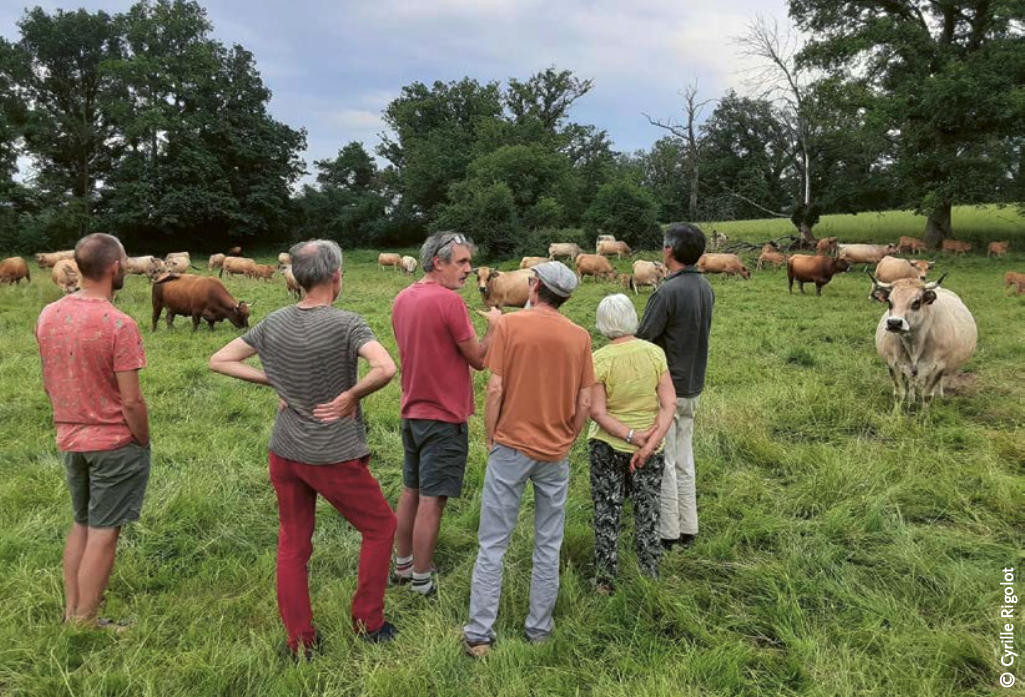In a discussion article, Cyrille Rigolot, a member of the INRAE (National Research Institute for Agriculture, Food and Environment, France), analyses possible synergies between biodynamic agriculture and transdisciplinary research. Rigolot argues that, in contrast to other approaches, biodynamic agriculture also incorporates non-material dimensions of life. The resulting specific agricultural practices are characterised by a close relationship between humans and nature.
Biodynamic agriculture is based on the ‘Goethean approach to research’, which emphasises the importance of human perception and imagination in scientific practice. Rather than relying solely on empirical data and objectivity, the Goethean approach invites us to understand nature as a dynamic process that cannot be fully captured by analytical methods.
Even if some of the foundations of biodynamics are not yet sufficiently supported scientifically, it has nevertheless made significant agricultural innovations, such as mother-bound calf raising and the use of preparations. Biodynamic agriculture also inspired several principles of organic farming.
